Therapy for Anxiety
Find Calm, Confidence, and Control
Anxiety can feel like a racing mind, a tight chest, and a constant sense of worry that just won’t go away. It can make even simple decisions feel overwhelming and hold you back from fully enjoying life. But here’s the truth: you don’t have to live in a state of fear, stress, or uncertainty. Therapy can help you regain control, quiet your mind, and build the confidence to face life’s challenges with greater ease.
When Is It Time to Get Therapy for Anxiety?
Anxiety is normal—it’s part of how our brains protect us. But when anxiety becomes overwhelming, constant, or starts interfering with daily life, it’s time to seek support.
You might benefit from therapy if:
✔ You feel constantly on edge, restless, or overwhelmed.
✔ Your thoughts race, and you struggle to “turn off” your mind.
✔ You avoid situations, people, or opportunities out of fear or worry.
✔ Physical symptoms like headaches, nausea, rapid heartbeat, or dizziness frequently show up when you’re stressed.
✔ You struggle with perfectionism or excessive self-doubt.
✔ Panic attacks make you feel out of control.
If anxiety is keeping you from living the life you want, therapy can help you understand your triggers, develop healthy coping strategies, and regain a sense of calm and confidence.
What Does Therapy for Anxiety Look Like?
Therapy for anxiety isn’t about getting rid of fear altogether—it’s about learning how to manage it in a healthy way, so it doesn’t control you.
At Time for Therapy, we use research-backed approaches that help you understand, reduce, and reframe anxiety so you can move forward with confidence. Some of these include:
🌿 Mindfulness & Grounding Techniques – Teaches you how to stay present instead of spiraling into worry about the future.💙 Exposure Therapy – Supports you in facing fears gradually, so they lose their power over you.
🧠 Cognitive Behavioral Therapy (CBT) – Helps you identify anxious thought patterns and replace them with more balanced, realistic thinking.
🔄 Psychodynamic and Internal Family Systems (IFS) – Helps you identify the root of your symptoms and come to terms with the pain from the past which drives your anxiety.
Our therapists provide a warm, nonjudgmental space where you can explore your anxiety, understand its roots, and develop practical tools to handle stress with greater ease.
Self-Help Strategies for Anxiety
While therapy is the most effective way to get structured support, you can also try these techniques to start managing anxiety on your own:
✔ Deep Breathing Exercises – Slowing your breath can signal to your brain that you are safe and reduce physical tension.
✔ Challenge Catastrophic Thinking – Anxiety often leads to worst-case-scenario thoughts. Ask yourself, “What’s the most likely outcome?”
✔ Limit Caffeine & Stimulants – Caffeine and sugar can worsen anxiety symptoms. Pay attention to how they affect you.
✔ Move Your Body – Physical activity can help burn off anxious energy and regulate stress hormones.
✔ Set a “Worry Window” – While it might seem silly to do so, consider scheduling time to worry about the future. If worries take over your day, set aside 10–15 minutes just for worrying. Outside of that time, remind yourself that those thoughts can wait until the next scheduled worry window.
These strategies can be helpful, but if anxiety is interfering with your daily life, therapy is the best way to gain lasting relief and control.
The Best First Step? Sign Up for Therapy.
Anxiety doesn’t have to rule your life. With the right tools and support, you can learn to quiet the worry, manage stress, and feel more at ease in your own mind.
You deserve to feel calm, confident, and in control. Reach out today to schedule your first session.
